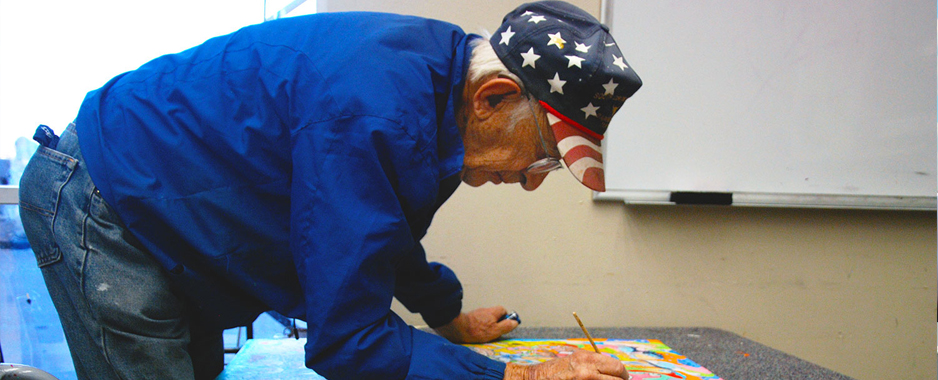By Mathew Shaw/reporter
Diversity and inclusion were topics of discussion for TCC faculty, staff and students Oct. 2 on SE Campus following the recent release of last year’s districtwide survey results.
A slideshow by Shani Barrax Moore, TCC’s institutional diversity and inclusion director, revealed that SE Campus ranked highest for offensive language relating to linguistic heritage, cultural expression and race.
Moore suggested this ranking could be a result of the campus’ strong international representation among its student body.
“People are trying to learn how to navigate that,” she said.
This information led to Moore’s point of ignorance vs. obliviousness.
Ignorance refers to saying something despite knowing fully well that it’s offensive. On the other hand, being oblivious means saying something without realizing its offensive context, she said.
Moore gave two examples to illustrate the ignorance vs. oblivious dichotomy. She said oblivious would be saying the word “dog” to a Muslim woman without knowing that word is considered offensive to her, and ignorance would be telling an African-American that he or she was articulate despite the individual being African-American.
The survey also found that generalizations, stereotypes and assumptions are the largest source of perceived harassment, discrimination or bias.
“Bias awareness is the foundation of anything and everything related to diversity and inclusion,” she said.
Being “colorblind” is not optimal, Moore said.
“Colorblindness is really a form of oppression,” she said. “In order to meet people’s needs with differences, you have to acknowledge those differences are there.”
To help address the needs of diverse student bodies, the Office of Institutional Diversity and Inclusion has formulated Diversity and Inclusion Councils for each of the five campuses.
Garrison Henderson, SE sociology instructor and co-chair of the SE council, said that his goals for the council are “to educate, engage and empower as many faculty, staff and people as possible, in a nutshell.”
To aid the councils, guests were asked to complete questionnaires about the presentation and give their advice to council members.
A group discussion followed. One topic of interest was the reports of offensive language on SE Campus.
Some suggested this could have something to do with SE Campus largely being one main building. Therefore, more students tend to congregate in one area at once, so it is easier to overhear more conversations.
Another audience member asked what constitutes offensive language and suggested it might have been students cursing in the hallways.
SE student Allison Hebron said she joined the discussion because she enjoys arguing with people.
“It was constructive,” she said.
SE sociology associate professor Garrison Henderson, who was wearing a “Free to Be Me at TCC” shirt, described the event as “a significant catalyst to do significant work.”























